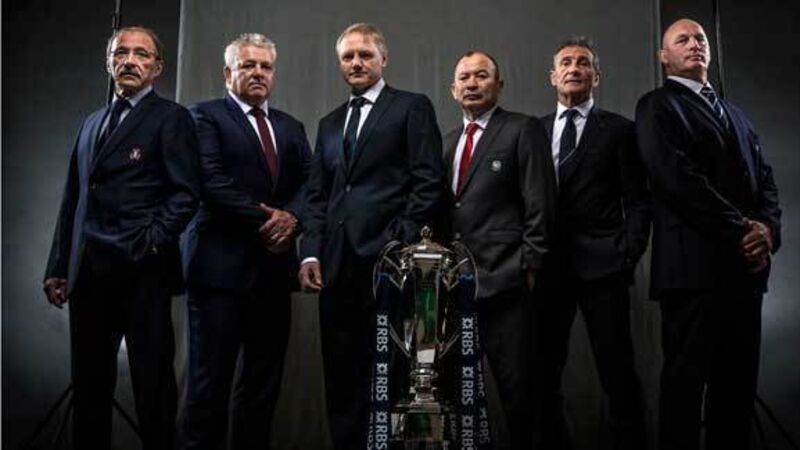Can Ireland adapt to retain Six Nations crown and four other big questions

With new coaches and captains adding to the spice, the opening round of games this weekend should go a long way towards lifting the fog and by this time next week, we will have a far clearer vision on what this year’s championship will offer across the board.
So what areas am I looking for clarification on over the weekend?












